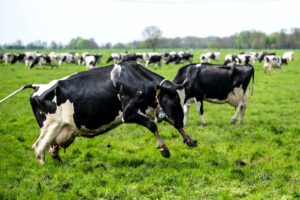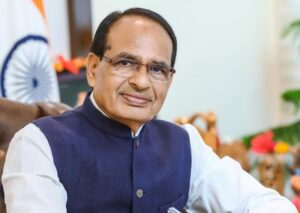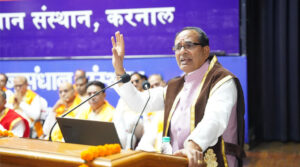Piyush Goyal’s Power-Packed UK Visit Commences, Fostering Acceleration of Free Trade Agreement
Commerce and Industry Minister Piyush Goyal’s visit to the UK is expected to provide a boost to the negotiations on the India-UK free trade agreement. Before the visit, significant progress was made in the discussions, with 14 out of the 26 policy areas already closed for negotiations. This indicates positive momentum and highlights the commitment of both countries to strengthen bilateral trade ties and explore avenues for enhanced economic cooperation.
The India-UK FTA holds significant potential to expand trade and investment opportunities between the two nations. It aims to facilitate trade in goods and services, promote investments, and address trade barriers. The ongoing negotiations and the minister’s visit are important steps towards realizing the goal of a comprehensive and mutually beneficial free trade agreement that can boost trade and economic relations between India and the UK.

The visit of Commerce and Industry Minister Piyush Goyal to the UK comes in the backdrop of British Prime Minister Rishi Sunak’s strong commitment to a comprehensive and ambitious free trade agreement with India. Sunak had expressed his intention to push for an early deal during his visit to New Delhi for the G20 Summit in September. This indicates the mutual interest and determination of both countries to advance the FTA negotiations and strengthen economic ties.
The statements from both sides underscore the significance of the India-UK FTA and the potential benefits it can bring to both nations. The minister’s visit and the discussions held during this trip are expected to further pave the way for a fruitful agreement that promotes trade, investment, and collaboration between India and the UK.
While the negotiations for the India-UK free trade agreement missed the initial deadline of October last year, both countries remain committed to reaching an agreement as soon as possible. The discussions have been ongoing since January 2021, and significant progress has been made in various policy areas.
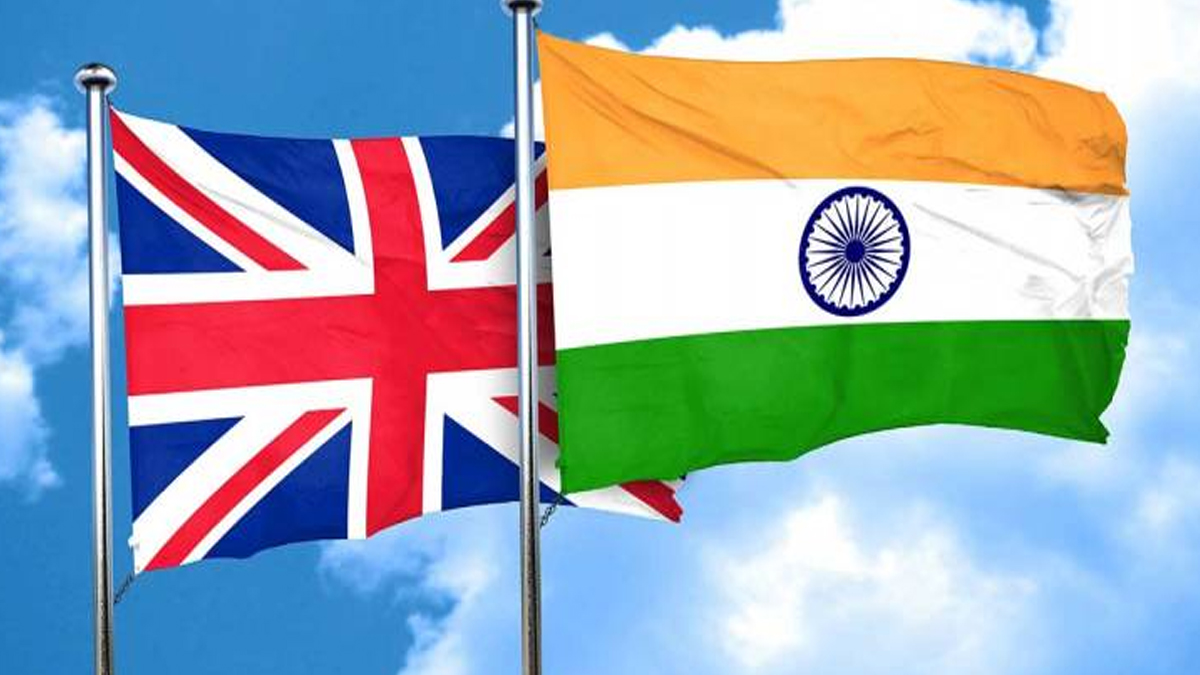
In addition to the India-UK FTA, Commerce and Industry Minister Piyush Goyal will also engage with ministers from the European Free Trade Association (EFTA) countries during his visit. This presents an opportunity to discuss the progress of the Trade and Economic Partnership Agreement with EFTA, which includes countries like Switzerland, Norway, Iceland, and Liechtenstein.
The meetings and discussions held during this visit demonstrate the continued efforts of India to strengthen its trade relationships and explore new opportunities for economic cooperation with both the UK and EFTA member countries.
The upcoming 11th round of official-level talks on the India-UK free trade agreement is an important step in the ongoing negotiations. In the previous round, detailed discussions were held across 10 policy areas, including draft text treaty discussions. These negotiations have been accompanied by regular meetings at higher levels to review progress, address outstanding issues, and chart the way forward.
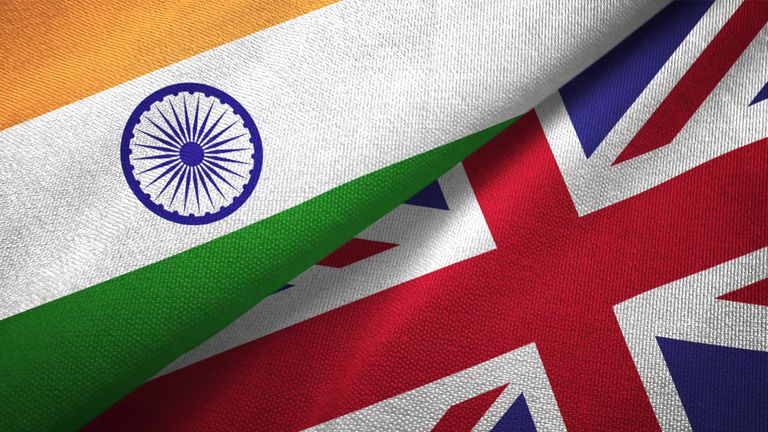
The visit of Commerce and Industry Minister Piyush Goyal to the UK comes shortly after the conclusion of the 10th round of FTA talks. Both sides have emphasized the importance of “equal treatment” in the services market for their respective companies, highlighting the need for a fair and balanced agreement.
These continued discussions and efforts reflect the commitment of both India and the UK to advance their bilateral trade relationship and forge a comprehensive free trade agreement that encompasses various sectors and addresses the concerns and aspirations of both nations.
During his visit, Minister Piyush Goyal will engage in important meetings with his counterparts in the UK, including the Secretary of State for International Trade, and representatives from various sectors and industries. These discussions will focus on key priorities and objectives of the FTA negotiations, with an emphasis on addressing trade barriers, promoting investments, and fostering greater cooperation in technology, innovation, and intellectual property rights.
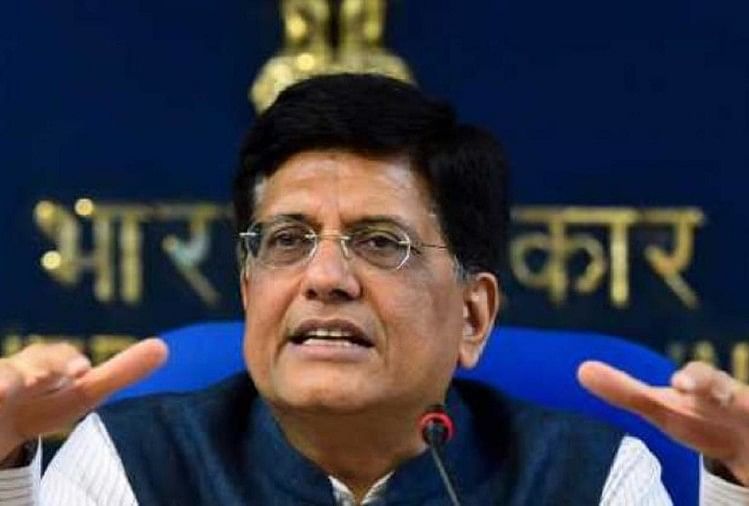
It is noteworthy that investment is being negotiated as a separate agreement with the UK, and the Bilateral Investment Treaty will be concluded simultaneously with the India-UK FTA. The visit comes at a time when bilateral trade between India and the UK has been showing positive growth, with an increase in merchandise exports and imports. Additionally, foreign direct investment (FDI) from the UK into India has also been on the rise.
The strong trade relationship between the two countries, coupled with the ongoing negotiations, highlights the mutual commitment to further enhance economic ties and create a favorable environment for trade and investment between India and the UK.
The negotiation process for the India-UK FTA faced delays, partly due to the change in leadership in the UK. The UK has requested India to lower duties on automobiles, wine and spirits, and high-end dairy products, while India is seeking concessions in the telecom sector and easier access for professionals to the UK market.
Automobiles and dairy have been sensitive areas of discussion for India, as it aims to protect its domestic industry and the livelihoods of small farmers. India is also looking for lower duties on traditional exports such as readymade garments, leather, textiles, food items, gems, and jewelry.
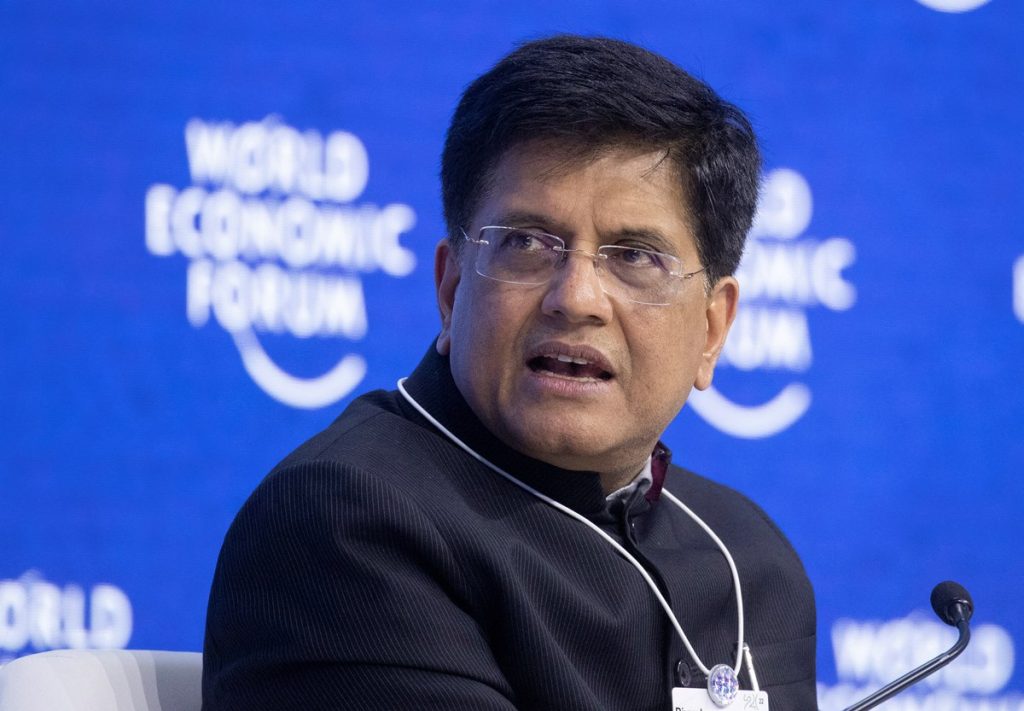
Negotiations with EFTA, which includes countries outside the European Union, have seen increased frequency to expedite the conclusion of the trade agreement. In the previous fiscal year, India’s exports to the EFTA bloc reached $1.7 billion, while imports stood at $15 billion, with Switzerland playing a significant role.
The trade balance is skewed in favor of EFTA due to imports of pharmaceutical products, organic chemicals, optical and medical instruments, and significant imports of gold from Switzerland.
The ongoing negotiations and discussions between India, the UK, and EFTA reflect the mutual efforts to address trade barriers, enhance bilateral trade, and foster stronger economic cooperation.


